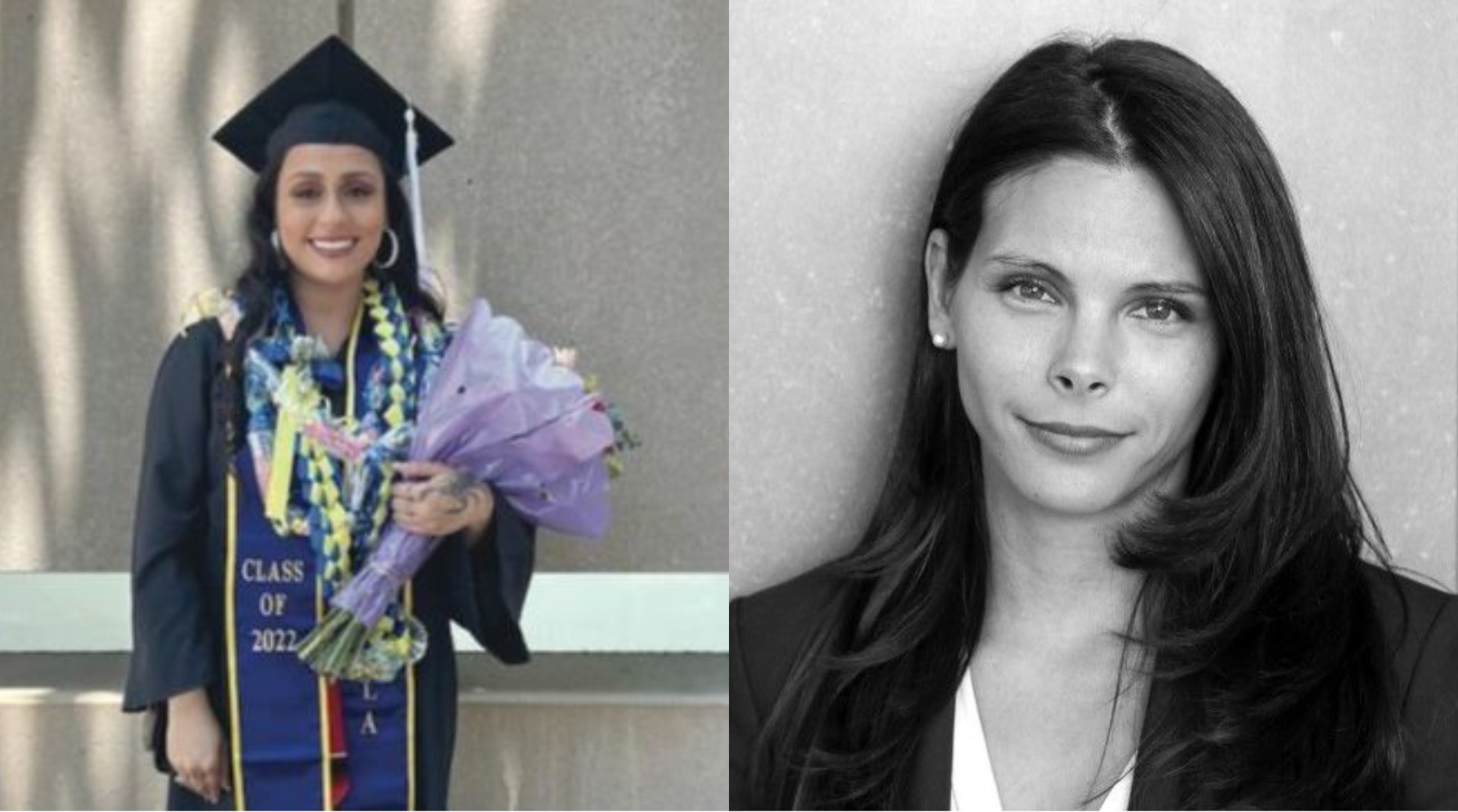
In this edition of the Youth Law Center Brief, we introduce the Pathways to Higher Education project expanding the number of postsecondary education opportunities available to young people who are currently or have been involved in the juvenile justice system in California. This project resulted from the Youth Law Center’s work successfully advocating for state policies in California to increase access to college for juvenile justice-impacted youth, and re-imagines postsecondary education as an important habilitation anchor to bring youth back to their communities and offer the opportunities they need to succeed and thrive.
Framing the Issue
Approximately 30,000 youth are referred to California probation departments annually – the vast majority Black, Latinx, and Indigenous. Thousands of those youth are incarcerated in detention facilities every day, and most have experienced a disjointed, disrupted and challenging educational journey. While a quality education and access to post-secondary learning are among the most important strategies we can use to ensure incarcerated youth have a meaningful second chance and are able to become leaders, healers, and healthy adults in our communities, current data suggests that less than 2% of youth exiting juvenile justice systems graduate from college. We know that failure to attain a college degree can have grave economic, health, crime, and civic engagement consequences for both individuals and communities.
Youth Law Center Pathways to Higher Education Victories
The Youth Law Center’s Pathways to Higher Education project has led the charge to create new college educational opportunities for justice impacted youth for nearly a decade. Our vision is that college, in particular community college, can prevent youth incarceration and serve as a support to allow youth who are returning home to their community from incarceration to thrive.
The Youth Law Center’s Pathways to Higher Education recent advocacy victories include:
- On June 30th, 2022, Governor Gavin Newsom signed California’s 2022-2023 budget, which contained a historic investment of $15 million in funding to community colleges specifically for youth impacted by the juvenile justice system. As the first state in the country to dedicate postsecondary funding specifically to these youth, California is setting a national model for effective youth justice investment. The ongoing annual funds of $15 million will fund model programming at up to 45 community colleges to help students receive strong support and services to access and complete their college education and reach their full potential.
- On September 30, 2022, California AB 102, a bill authored by California District 41 Assemblymember Chris R. Holden to support juvenile justice impacted youth with access to higher education through dual enrollment, was signed into law by Governor Newsom. Dual enrollment programs, which allow high school students to take community college courses and earn college credit in both academic and career subjects, offer youth the opportunity to access essential information and preparation for college, and also address and remedy some of the inconsistencies in the quality of education available to youth in court and alternative schools.
Youth Law Center Pathways to Higher Education Stories
“Taking college classes with a supportive community of professors, staff, and other students with the same situation of being in the juvenile justice system, allowed me to graduate in three years, and transfer from community college to UCLA where I’ve recently graduated with a Bachelor’s degree in English. I am hoping to go to law school after graduation and help advocate for other kids just like me and for future generations, including for my own kids.” — Jacqueline Rodriguez, Coordinator, Pathways to Higher Education at the Youth Law Center
“‘Now, I understand that education is way more important. Now I take it seriously’. . .The teen described his current goal as completing his associate’s degree and then transferring to a four-year university, possibly Cal Poly San Luis Obispo, which he once visited once while living in a nearby group home.” — Justice impacted youth (story and quotes via “California Expands College Education for Youth in Juvenile Detention Centers” from The Imprint, April 5, 2023, authors Nell Bernstein and Lilah Burke).
“It is a huge, historic move for California. There isn’t any other state in our country that has invested this kind of funding in higher education for this population.” — Katie Bliss, Senior Advocate at the Youth Law Center

How You Can Help
The Youth Law Center, a 501c3 national nonprofit organization founded in 1978, works to protect the rights of children impacted by juvenile justice and foster care systems through legal advocacy. The Youth Law Center’s work is generously funded by individual and institutional philanthropists aligned with our mission to transform foster care and juvenile justice systems across the nation so every child and youth can thrive.
To increase our overall capacity and continue to create and pilot innovations in our advocacy work that result in high impact and transformative programs like Pathways to Higher Education, and increase our overall capacity, we are actively working to increase unrestricted funding to the Youth Law Center.
To make a donation today, please visit https://www.ylc.org/donate/.
Youth Law Center will be launching a new Impact Report highlighting other areas of our advocacy impact. Sign up here to make sure you are on the list to receive it.
Save the Date! Youth Law Center Pathways to Higher Education Online Presentation | Thursday, May 11, 2023
On Thursday, May 11 at 11:00 am PST/2:00 PM EST, Youth Law Center staff members Katie Bliss, California Higher Education Coordinator, and Jasmine Miller, Staff Attorney, will make a presentation about the Youth Law Center Pathways to Higher Education project. This online event is hosted by the Office of Juvenile Justice and Delinquency Prevention National Training and Technical Assistance Center (OJJDP NTTAC) of the Department of Justice. Click here to register.

